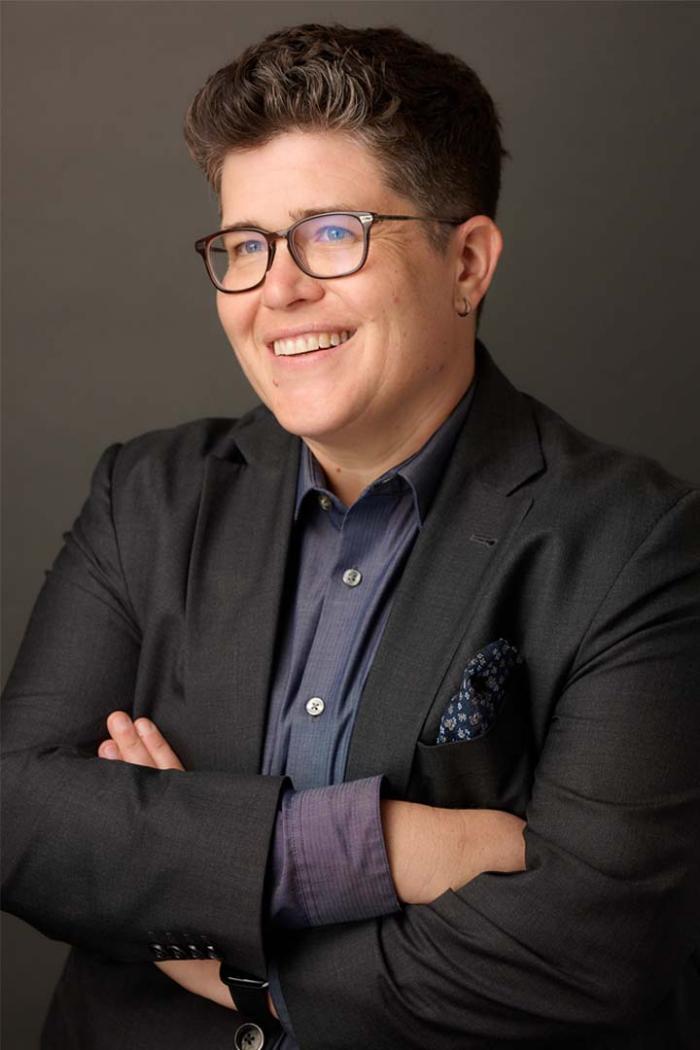Kathryne Young

Kathryne Young
Professor of Law; Professor of Sociology (courtesy)
Contact:
Kathryne M. Young is an internationally recognized expert in legal consciousness—the ways people understand and interact with the law, and the implications of these patterns for legal systems and people’s lives. Professor Young investigates how law maps onto the realities of the social world and the consequences for people’s ability to access just outcomes in both civil and criminal realms. Additionally, she has done empirical research on a broad range of sociolegal topics, including police-citizen interactions, parole hearings, and legal education. Her book, How to Be Sort of Happy in Law School, is an Amazon bestseller and has been featured at dozens of law schools throughout the U.S.
Professor Young’s work is published or forthcoming in the Harvard Law Review, California Law Review, Duke Law Journal, Law & Society Review, and numerous other law reviews and social science journals. She has been cited by the U.S. Supreme Court and Washington State Supreme Court. Professor Young is Secretary of the Law and Society Association, where she also co-founded two Collaborative Research Networks. She has been an ABF/JPB Access to Justice Scholar at the American Bar Foundation, and in 2023–34, was a Visiting Scholar at the Russell Sage Foundation, where she worked on her current project: a large-scale, multi-method access to justice study that uses a representative sample of the U.S. population. Read more about Professor Young’s research.
Before coming to GW Law, Professor Young was a tenured sociology professor at the University of Massachusetts, Amherst, where she won the university’s Distinguished Teaching Award. At GW Law, Professor Young teaches Evidence and Criminal Law, and is developing a course on the sociology of law. She has also taught courses on criminal procedure, policing, law and society, social psychology, qualitative research methods, and teaching pedagogy.
BA, JD, PhD, Stanford University; MFA, Oregon State University
- 6230 - Evidence
- 6210 - Criminal Law

